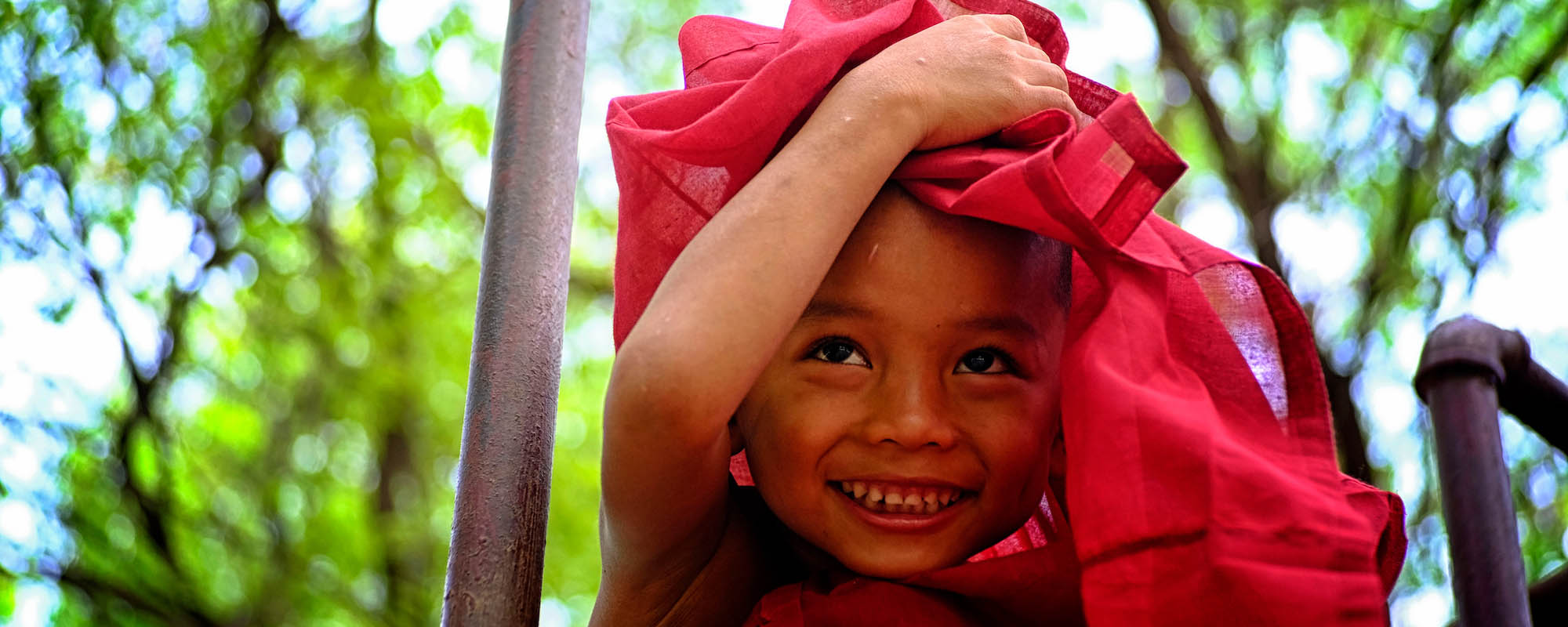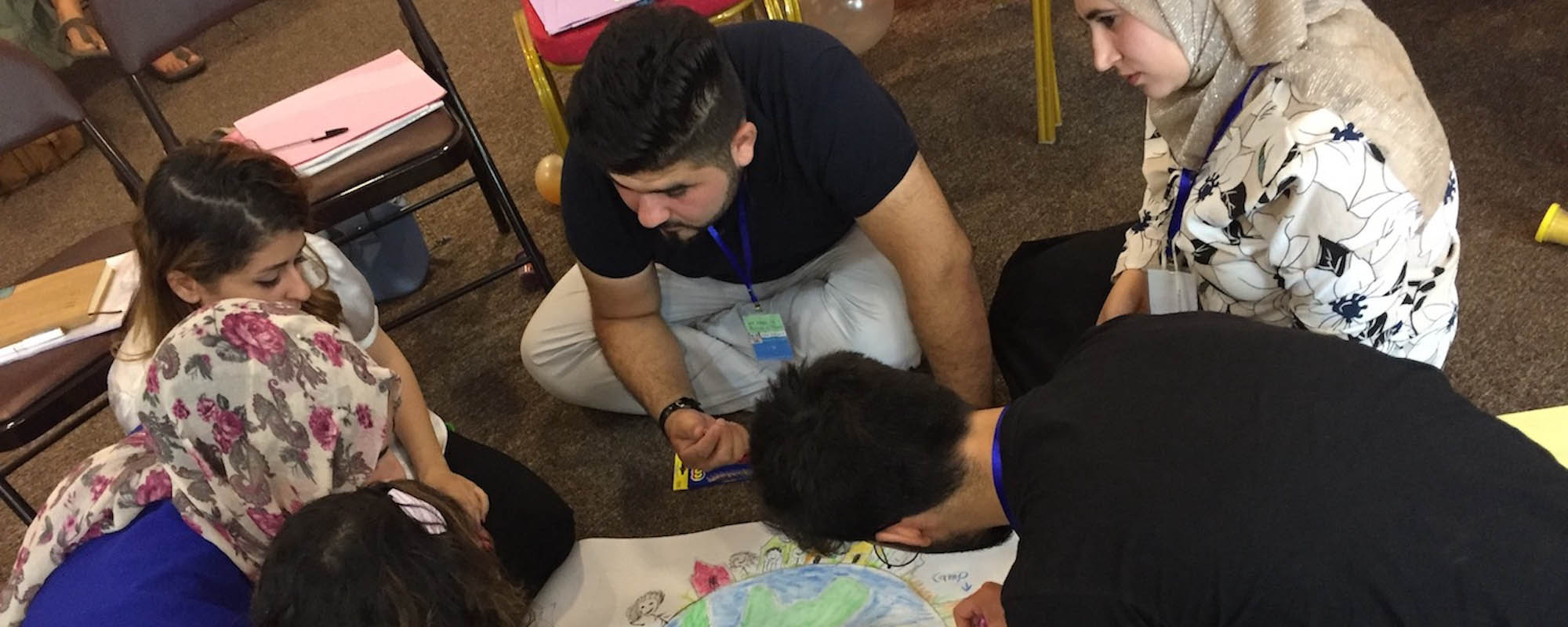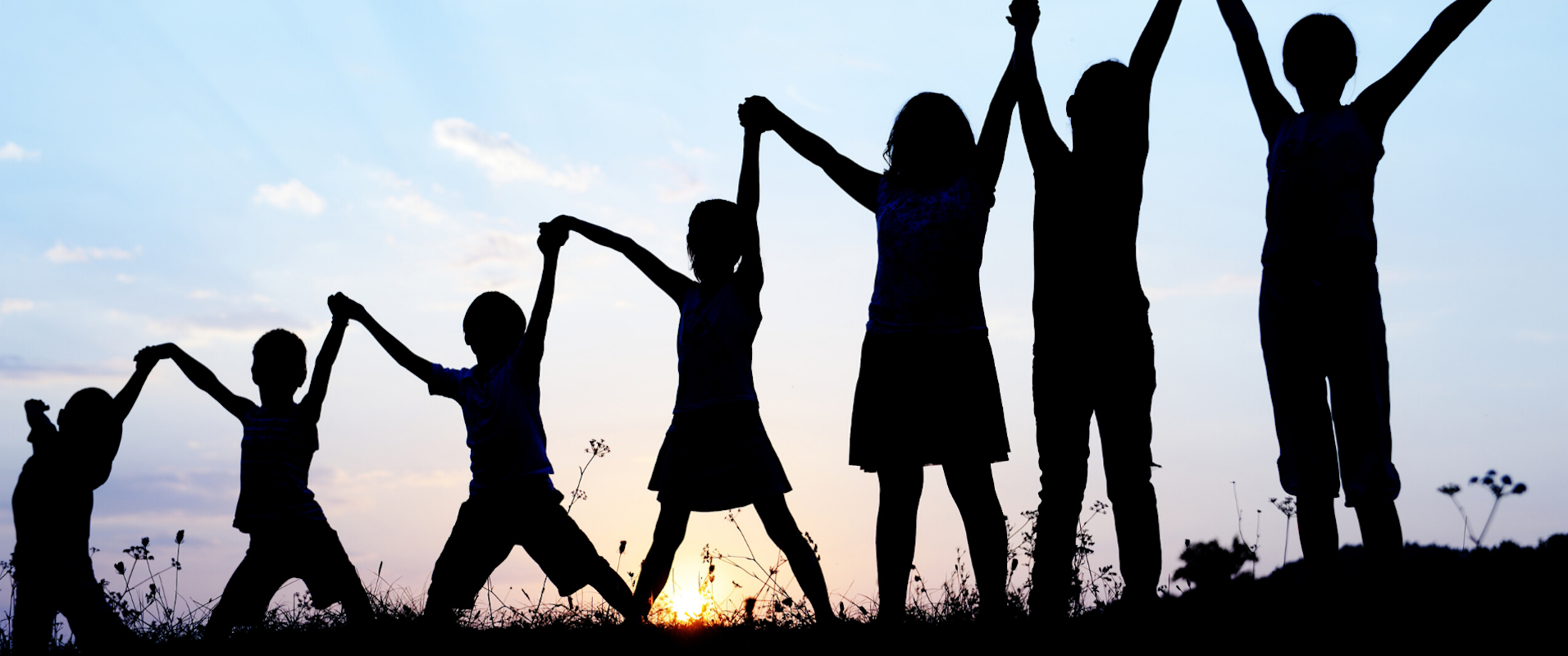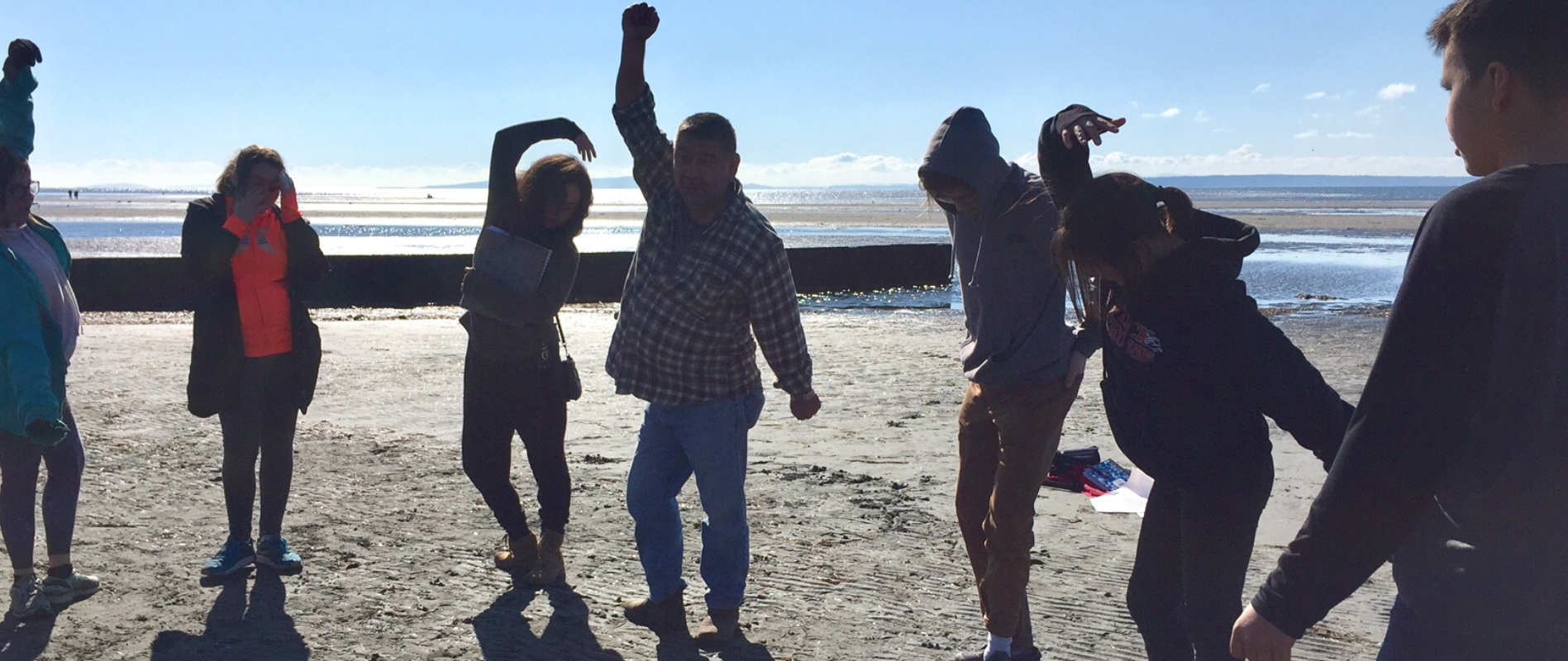Approximately 300,000 child soldiers serve in various armed groups around the world, and become directly implicated in the perpetration of kidnappings, killings, and torture. Considering that children construct moral concepts and a sense of themselves as moral beings in the context of their everyday interactions with others, the concern with how their harrowing experiences of violence may affect their moral development is particularly compelling. To date, however, no research has been conducted examining how these youths grapple with the violence they have perpetrated and how they reconcile their own actions with a view of themselves as moral people. In this paper, I review the limitations of constructs relying on moral disengagement and post-traumatic stress, which are typically used for examining the aftermaths of violence perpetration, and outline a new framework grounded on the normative developmental process whereby children grapple with their experiences of wrongdoing.






